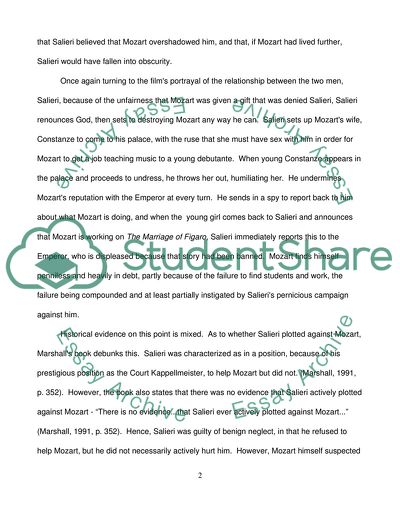Cite this document
(“Film analysis Essay Example | Topics and Well Written Essays - 1500 words - 2”, n.d.)
Film analysis Essay Example | Topics and Well Written Essays - 1500 words - 2. Retrieved from https://studentshare.org/miscellaneous/1567874-film-analysis
Film analysis Essay Example | Topics and Well Written Essays - 1500 words - 2. Retrieved from https://studentshare.org/miscellaneous/1567874-film-analysis
(Film Analysis Essay Example | Topics and Well Written Essays - 1500 Words - 2)
Film Analysis Essay Example | Topics and Well Written Essays - 1500 Words - 2. https://studentshare.org/miscellaneous/1567874-film-analysis.
Film Analysis Essay Example | Topics and Well Written Essays - 1500 Words - 2. https://studentshare.org/miscellaneous/1567874-film-analysis.
“Film Analysis Essay Example | Topics and Well Written Essays - 1500 Words - 2”, n.d. https://studentshare.org/miscellaneous/1567874-film-analysis.


